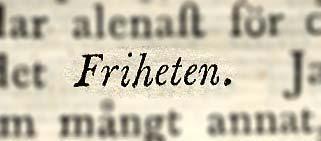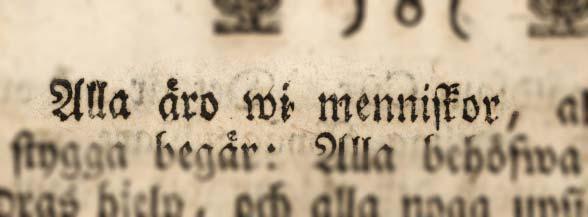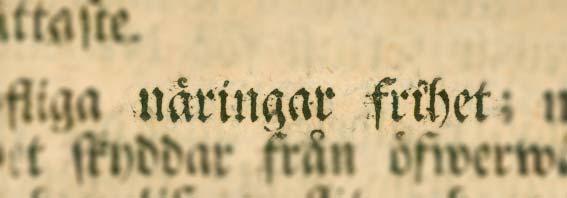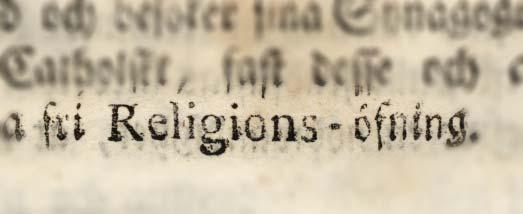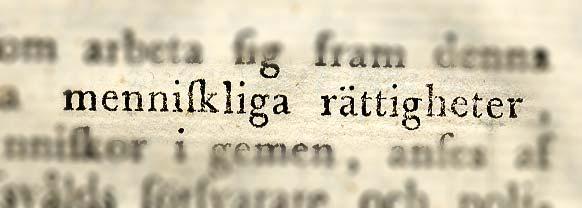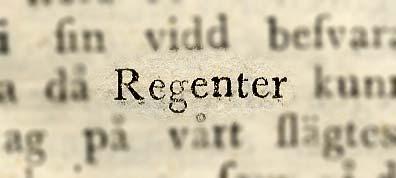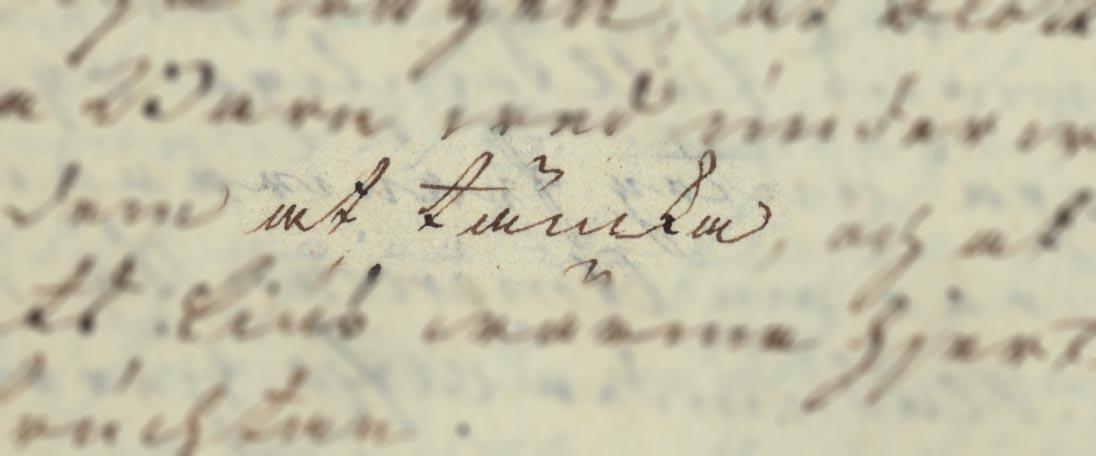About courage and modesty
Posterity
That on which our epoch tramples will be taken up by posterity. And what is now called audacious will then be honoured with the name of truth.
Predecessor
A new indicator is presented to the reader here. It is quite small, so that anyone can carry it in his pocket. It is also new, I would say, for it scarcely agrees with any other in Europe. I also believe that it is accurate, as I have tried to construct it on the basis of reason and experience.
The National Gain (1765), § 1, p. [3]. Translated by Peter C. Hogg.
The dominance of prejudice
Ever since childhood I have regarded the tyranny of Prejudice as the most repulsive, but nothing governs the world more.
The Shepherd’s Song (Herda-qväde (1766), p. 11). Translated by Johan von Willebrandt and Viveka Malmberg-Elliot.
Conscience
Far be it from me to wish to blame or criticize the arrangements that have been or could be made, but as these matters, for the reasons adduced, seem to me to be of the highest importance, in which the welfare of the whole country appears to balance as if on the point of a needle, I could not have satisfied my conscience, as a citizen of a free country, until I had been able to submit my arguments to the scrutiny of the general public, and if they are well founded it should be possible for the proposal to be adopted by the Sovereign Power and be still further improved by those who possess the knowledge that I lack.
A Remedy for the Country, by Means of a Natural System of Finance (1766), §39, p. 53.
Simplicity
If the simplicity is regarded as a fault of mine, that is the very thing that I have sought to achieve.
A Remedy for the Country, by Means of a Natural System of Finance (1766), §39, p. 54.
Modesty
No Swede of an intellectual bent can have had less expectation of ever becoming known as an author in his native country than I. My limited knowledge, my quiet and secluded way of life and yes, I ought to candidly confess it, my complete detachment from the wider world, having decided to examine my own sinful heart in a remote corner of the world and in my ministry to benefit the flock entrusted to me by heaven, my heartfelt contempt for flattering fame, had put far from my mind the thought of ever writing anything for the general public or of holding any office of greater consequence than the modest position that I initially occupied. But the ways of Providence with my unworthy self have been quite different from what I could have imagined.
Autobiography (1780), p. 134. Translated by Peter C. Hogg.



